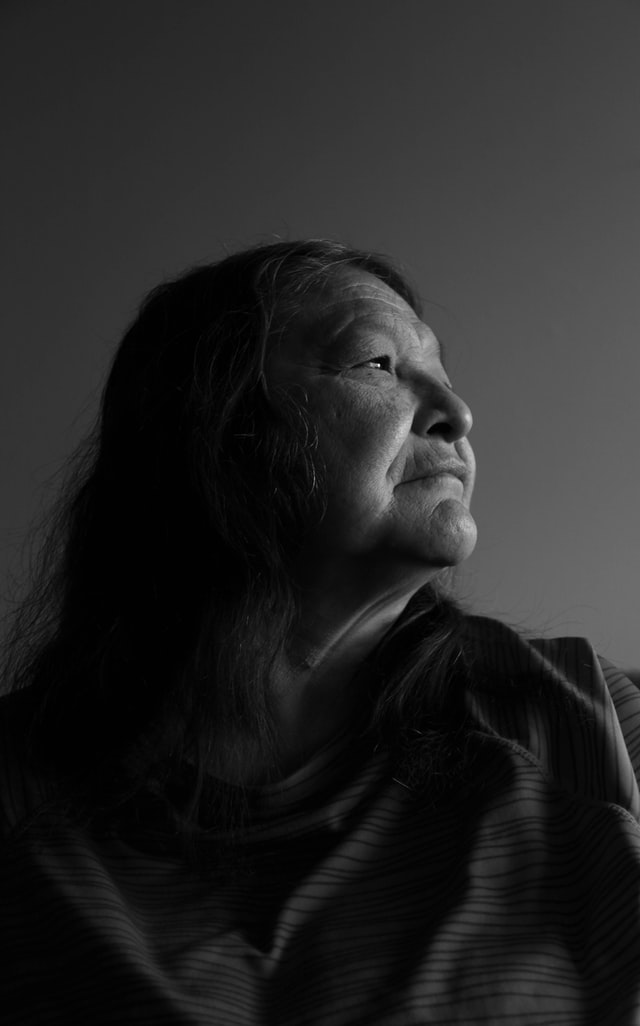COVID-19 data on Native Americans is ‘a national disgrace.’ This scientist is fighting to be counted
By Lizzie Wade,
Science
| 09. 24. 2020
Abigail Echo-Hawk can’t even count how many times she’s been called a troublemaker. It’s happened at conferences, workshops, and even after she testified before Congress—all places where she has advocated for the full and ethical inclusion of American Indians and Alaska Natives in public health data. “I didn’t used to know what to say,” she says. “Now, my answer is, ‘Is calling for justice making trouble?’”
As the director of the Urban Indian Health Institute (UIHI) and the chief research officer for the Seattle Indian Health Board, Echo-Hawk has been working for years with Indigenous people, mostly in cities, across the United States to collect data about their communities. She has also advised the Centers for Disease Control and Prevention (CDC), the National Institutes of Health, and many universities on best practices for analyzing data about American Indian and Alaska Native communities. Now, the COVID-19 pandemic has given Echo-Hawk’s work even more urgency.
The virus has taken a disproportionate toll on many Indigenous communities in the United States. But its full impact is unclear because of problems Echo-Hawk has long...
Related Articles
By Teddy Rosenbluth, The New York Times | 02.09.2026
Dr. Mehmet Oz has urged Americans to get vaccinated against measles, one of the strongest endorsements of the vaccine yet from a top health official in the Trump administration, which has repeatedly undermined confidence in vaccine safety.
Dr. Oz, the...
By Ava Kofman, The New Yorker | 02.09.2026
1. The Surrogates
In the delicate jargon of the fertility industry, a woman who carries a child for someone else is said to be going on a “journey.” Kayla Elliott began hers in February, 2024, not long after she posted...
By Alex Polyakov, The Conversation | 02.09.2026
Prospective parents are being marketed genetic tests that claim to predict which IVF embryo will grow into the tallest, smartest or healthiest child.
But these tests cannot deliver what they promise. The benefits are likely minimal, while the risks to...
By Lauren Hammer Breslow and Vanessa Smith, Bill of Health | 01.28.2026
On Jan. 24, 2026, the New York Times reported that DNA sequences contributed by children and families to support a federal effort to understand adolescent brain development were later co-opted by other researchers and used to publish “race science”...




